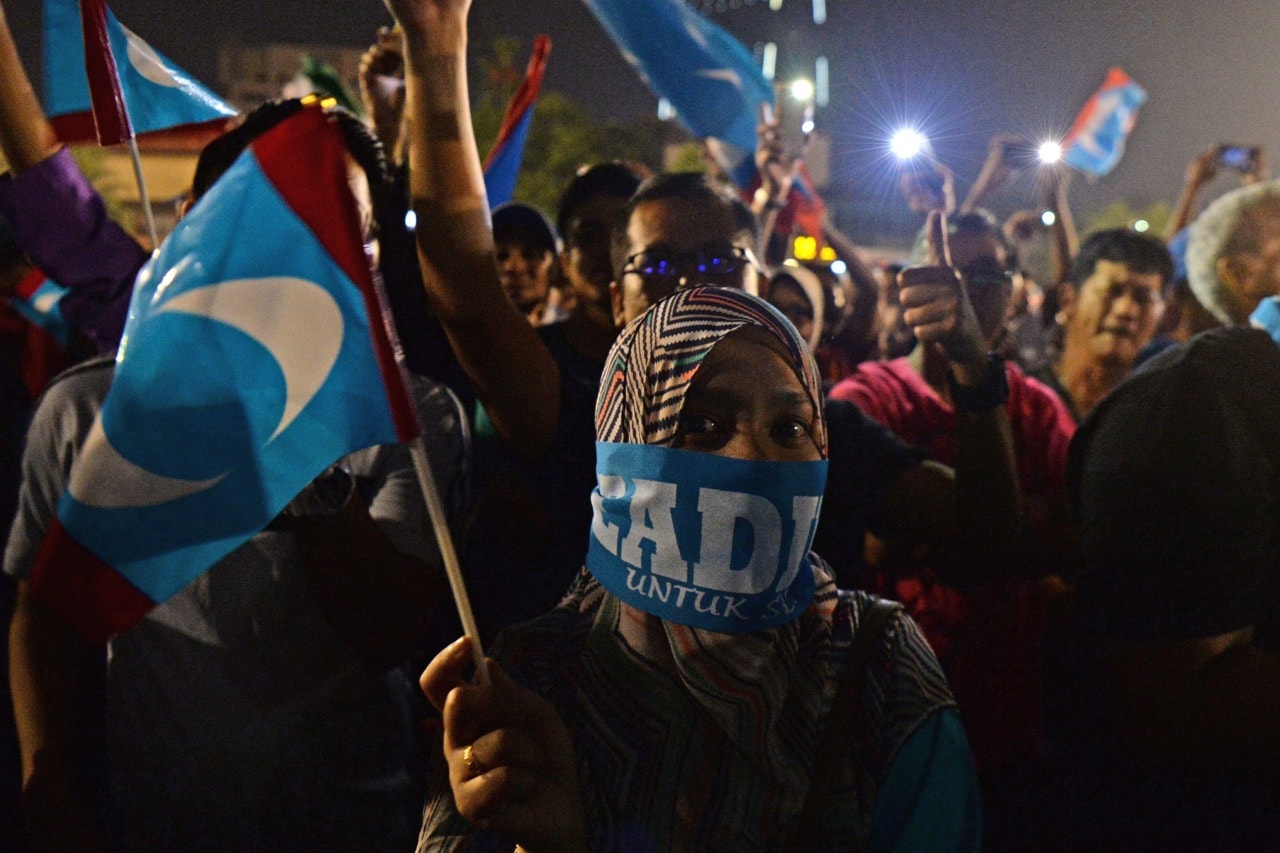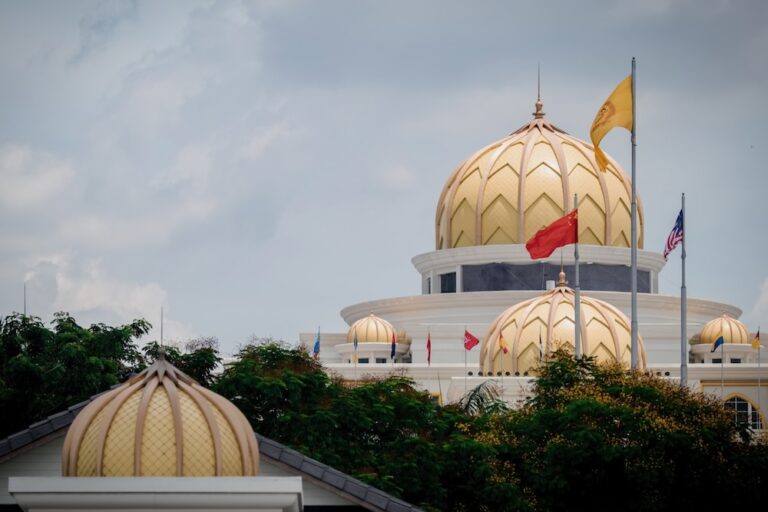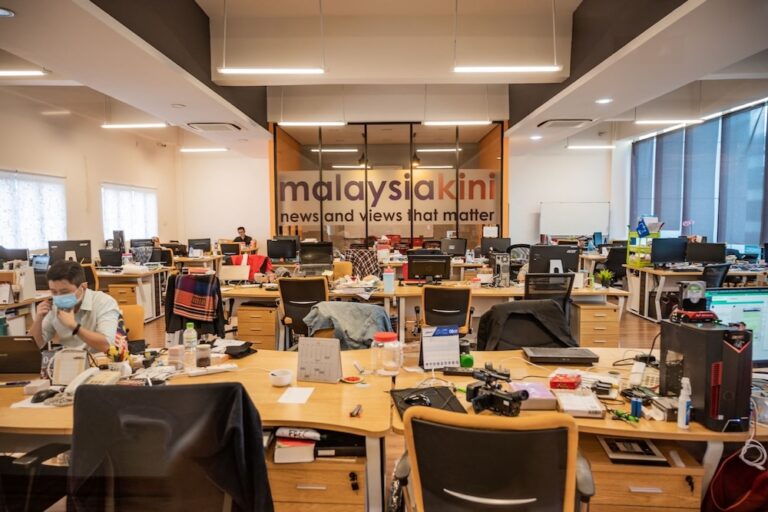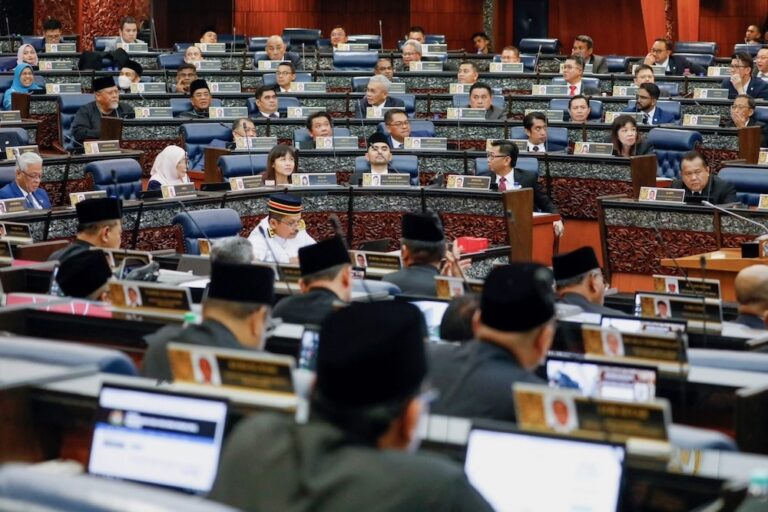The fall of a 61-year old regime at the ballot box offers a chance of real reforms for media and free expression in Malaysia.
On 9 May, 2018, Malaysians voted out a 61-year old regime, despite obstacles clearly aimed at keeping turnout numbers low and maintain the status quo. Voters accepted the challenge and went the extra mile to cast their ballots, effectively booting out the 14-member coalition, Barisan Nasional (National Front), and electing a four-party coalition, Pakatan Harapan, led by a former prime minister, Mahathir Mohamad.
With this change, unanticipated by several pollsters and observers, also comes an opportunity for reforms in media and free expression. Freedom House’s most recent ranking rates Malaysia’s press freedom status as Not Free, while Reporters Without Borders, in its latest press freedom index, ranked the country 145 out of the 180 countries assessed.
The new government had promised the repeal of repressive laws and a freer environment for media as part of its campaign.
Top on the list for many is the repeal of the Anti-Fake News Law, which was enacted just before the nation went to the polls. Critics had argued that the law was intended to target them and the then-opposition politicians, as well as to stifle any discussions about the former Prime Minister Najib Razak and controversial 1Malaysia Development Berhad (1MDB). Other laws expected to be repealed include the Printing Presses and Publications Act and the Sedition Act, both legacies of British colonial power that have been used to rein in the press and critics of the government.
Zunar’s travel ban lifted
The fall of the previous regime was a cause for celebration for many. One in particular was Malaysia’s political cartoonist, Zulkiflee Anwarul Haque, popularly known as Zunar. On May 14, Zunar found out that a travel ban that had been imposed on him since October 2016 had been lifted. With at least nine criminal charges stacked up against him, Zunar has faced sustained harassment and intimidation for his work, which mainly targeted the corruption of Najib Razak, his wife, Rosmah Mansor, and the previous government of Barisan Nasional (BN). Zunar has received several awards for his work including the 2016 Cartooning for Peace Award, the Cartoonists Rights Network’s Courage Award, the Hellman Hammett Award and the Courage to Fight Censorship Award in Bilbao. Post-elections, local media outlets that had not been able to report on him took the opportunity to interview Zunar, including the state wire agency, BERNAMA.
Di Bernama TV tadi. Saya pun tak sempat tengok pic.twitter.com/V21uycxte1
— Zunar Cartoonist (@zunarkartunis) June 12, 2018
The UN Special Rapporteur on the right to freedom of opinion and expression, David Kaye, welcomed the lifting of the travel ban and expressed hope that other repressive tools will be removed.
news that travel ban on @zunarkartunis quickly lifted by @chedetofficial‘s new govt gives hope that other legal tools to silence reporting, art & dissent will also be removed. #sedition #FakeNews #Malaysia
— David Kaye (@davidakaye) May 14, 2018
Reforms in the works
The government announced the formation of an Institutional Reform Committee on May 15 to make recommendations on democratic processes and key bodies and mechanisms that needed improvements, such as Parliament, the police, the anti-corruption body and the Elections Commission. The committee has already received submissions and feedback on a range of issues, including media freedom and freedom of expression. In a joint submission, 19 civil society organisations, including ARTICLE 19 and the Centre for Independent Journalism, Malaysia, called for lifting the ban on news websites, reform of laws, ratification of key UN treaties and to reform the parliamentary system to ensure effective checks and balances and safeguards against abuse of power.
In an open letter to the committee, the Southeast Asian Press Alliance (SEAPA) recommended concrete measures to reform the media with help from civil society and the journalist community, and raised important lessons of reforms from the region that Malaysia could learn from. A non-governmental organisation, ALIRAN, and the Centre for the Study of Communications and Culture at the University of Nottingham, Malaysia, submitted that there was a need to separate the state from the media and review the rules that now allow for the concentration of private media ownership.
A freer – and healthier – media?
After years of suffering declining readership and viewers, news outlets began witnessing renewed public interest after the elections. Newspapers were sold out at news stands, and netizens shared that they were now following local broadcast news in the new political environment. In particular, the government’s investigations into the former prime minister, Najib Razak, and his family, the resignation of high profile officials believed to be have been involved in corruption, and the press conferences of the 7th Prime Minister, Mahathir Mohamad, who is making his second debut in the position, have all attracted the public’s attention.
Who’d a thunk there would come a day when you can watch/read these kinds of news… without a VPN? https://t.co/Yv8TtSkglK
— Cilisos (@cilisosmy) May 29, 2018
Probably the best thing about #GE14 is witnessing our mainstream media (perhaps not all) exercise its freedom of speech. There were no biases in reporting . Even it’s just for a day, they deserve it . At least for once as a citizen I don’t need to source for more than 1 medium.
— Melissa Fazleena (@MelissaFazleena) May 11, 2018
The expectations are high for the media to transform themselves and shed the propaganda role they played in the past. As soon as indications were clear on 9 May that the BN would lose, some media outlets immediately shifted the tone of their coverage in favour of the newly elected government. While it was remarkable to see even state media interviewing critics of the previous government, questions are being raised as to whether the private news media companies have the ability and political will to be independent and critical.
In the latest Digital News Report by the Reuters Institute for the Study of Journalism, Professor Zaharom Nain writes that patterns of media ownership and control have led to declining trust levels in the mainstream media. Malaysians had higher trust in international sources and independent outlets such as Malaysiakini.com.
Asked what the political change means for them, Malaysiakini’s editor-in-chief Steven Gan said they have had to struggle in the past to keep themselves afloat financially under a hostile regime. “We think Malaysiakini can do better in a business environment that is friendlier to independent media. At the same time, we face more competition with more players joining the fray, but competition is good for news consumers.” Malaysiakini, and indeed the internet, have been key platforms for expression and alternative information since the late 1990s.
Senior journalist Zakiah Koya, who has worked with a range of media outlets and is now with the broadcaster Astro Awani, believes the mainstream media has a lot of unshackling to do, given that they have always toed the line in fear of the previous ruling party’s dominant hold of the media. “The seniors would find it difficult to change their mentality, and therefore there is a likelihood of them just throwing their weight behind Pakatan Harapan as they have done for BN.”
Despite the euphoria, the risk of criminal punishment for expression remains, unless the government takes the bold measures of reforming the laws. Artist activist, Fahmi Reza, known for his widely-shared clown image of the ex-PM, has a pending trial and has yet to hear on his appeal against a USD7,500 fine and a one-month jail sentence for his caricature. A. Kadir Jasin, a government spokesperson who blogged about the expenses to maintain the royal head of the country, sparked criticism from several quarters, as any discussions about the royalty, Islam and the rights of the bumiputeras (translated as ‘sons of the soil’, this includes Malays and indigenous peoples) are considered sensitive. Police said they were investigating Jasin, who has since resigned, under the Sedition Act, the Communications and Multimedia Act, and the Penal Code for criminal defamation.
Nevertheless, the signals from the new government have been positive. The public, through social media, seems to be invested in the change and has been active in keeping the government in check and calling out against any moves deemed to be undemocratic.
A PH legislator is already threatening to interfere in the media, taking upon himself/ the govt unilateral power over TV – please let PH MPs know what you think! @rsnrayer @hannahyeoh @n_izzah @fahmi_fadzil @imokman
— Sonia_Randhawa (@Sonia_Randhawa) May 11, 2018
While legislators should stay true to their promises to reform the laws, media owners and leaders need to respond to this changed environment and raise their own standards of journalism. More efforts are needed to offer platforms for debates, in-depth reporting and coverage of public interest issues. If handled well, there could be real reforms in this Southeast Asian nation that until 8 May was expected to retreat into even more authoritarian rule.
While legislators should stay true to their promises to reform the laws, media owners and leaders need to respond to this changed environment and raise their own standards of journalism.



